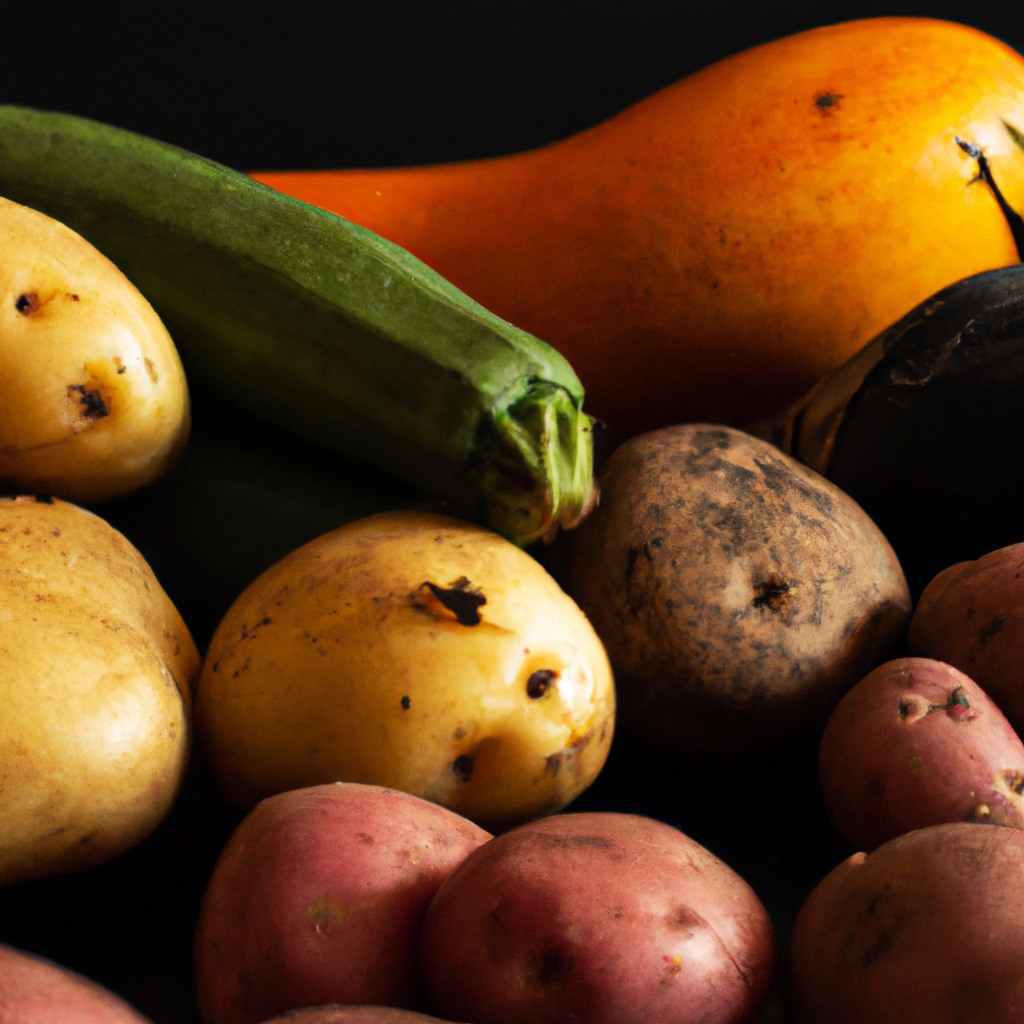Strategies to improve food security

Strategies to improve food security involve enhancing agricultural practices, investing in infrastructure, promoting technological innovation, and implementing effective policies. Farmers can adopt sustainable techniques such as crop rotation and organic farming to increase yields while conserving natural resources. Infrastructure development, such as irrigation systems and storage facilities, helps reduce post-harvest losses. Embracing technology, such as precision agriculture and weather forecasting, enables farmers to make informed decisions and improve productivity. Governments must enact policies that support small-scale farmers, provide access to credit and insurance, and promote market linkages. Additionally, investing in research and development can lead to the development of resilient and high-yielding crop varieties, contributing to long-term food security. Through these strategies, we can work towards a future where everyone has access to nutritious and affordable food.
Read more
Role of nutrition in food security

Adequate nutrition plays a vital role in ensuring food security for individuals and communities. Nutritious food provides essential nutrients needed for growth, development, and overall well-being. It is especially crucial for vulnerable groups such as children and pregnant women. A lack of proper nutrition can lead to malnutrition, stunting, and other health issues. Promoting access to diverse and nutritious food is crucial to address food insecurity. This includes promoting sustainable farming practices, improving food production, and ensuring equitable distribution. Additionally, education on nutrition and healthy eating habits is essential to empower individuals to make informed choices and improve their overall nutritional status. Ultimately, prioritizing nutrition is key to achieving food security and ensuring a healthier and more prosperous future for all.
Read more
Effects of global climate change on food security.

Global climate change is profoundly impacting food security, posing significant challenges for communities worldwide. Rising temperatures and erratic weather patterns disrupt agricultural systems, threatening crop yields and livestock productivity. Droughts and floods become more frequent, causing crop failures, soil erosion, and decreased water availability. Pest and disease outbreaks also increase, jeopardizing food production. Subsistence farmers, already vulnerable, face heightened risks as they struggle to adapt to changing conditions. Small-scale farmers are particularly impacted, as they lack the resources to invest in climate-resilient practices. Food prices escalate, exacerbating hunger and malnutrition. Immediate action is vital. Investments in sustainable agriculture, resilient farming techniques, and climate-smart practices can help mitigate the effects of climate change on food security, safeguarding livelihoods and ensuring access to nutritious food for all.
Read more
Nutrition and food security

Nutrition and food security are interconnected and crucial aspects of human well-being. While nutrition refers to the intake of essential nutrients necessary for the body's growth and development, food security encompasses the availability, accessibility, and affordability of food for individuals and communities. Adequate nutrition is vital for maintaining good health and preventing malnutrition, especially in vulnerable populations. Food security ensures that people have stable access to nutritious food, reducing hunger and the risk of food-related diseases. Ensuring both proper nutrition and food security is essential to promote overall health and improve the quality of life for individuals and communities alike.
Read more












